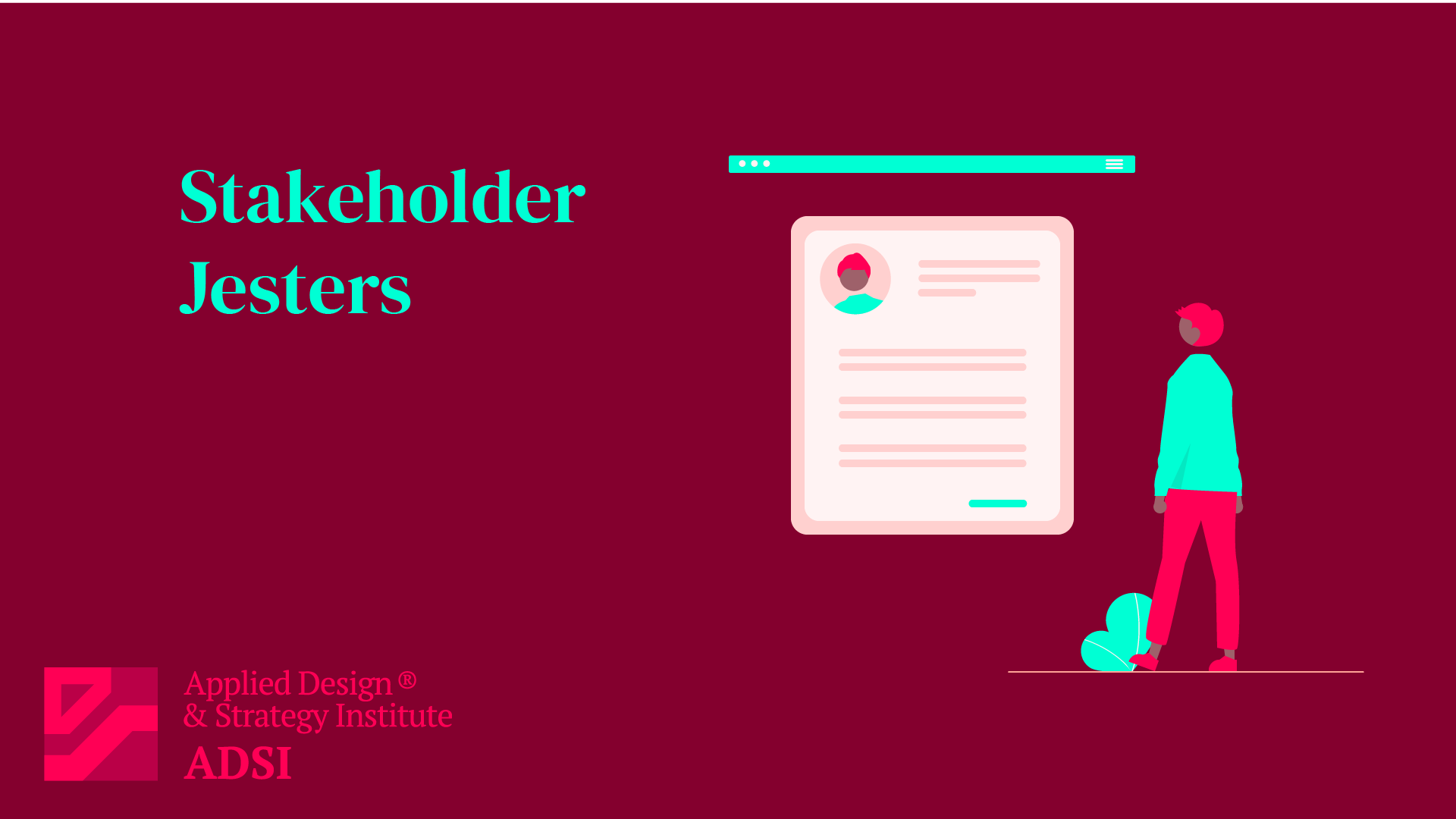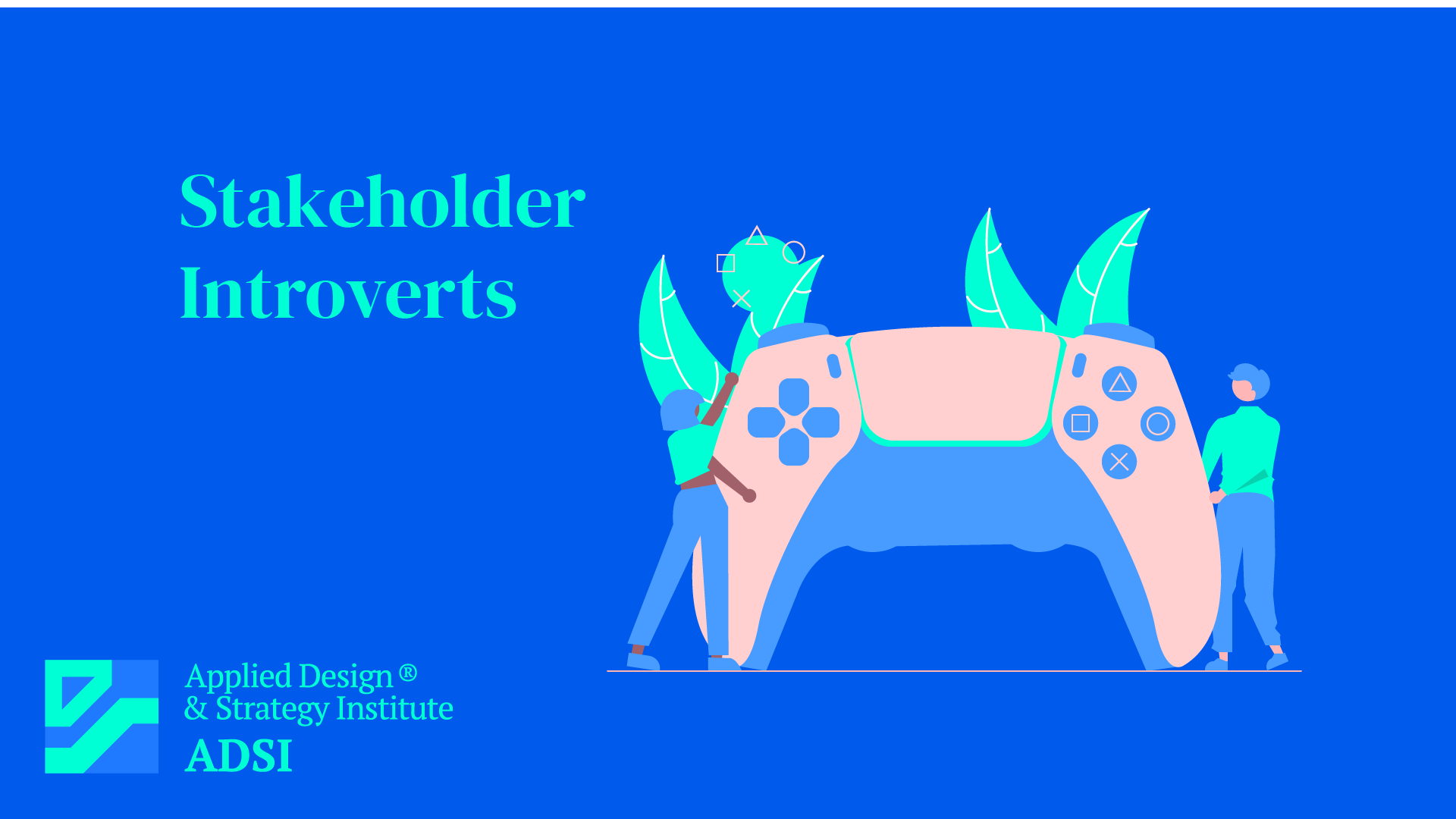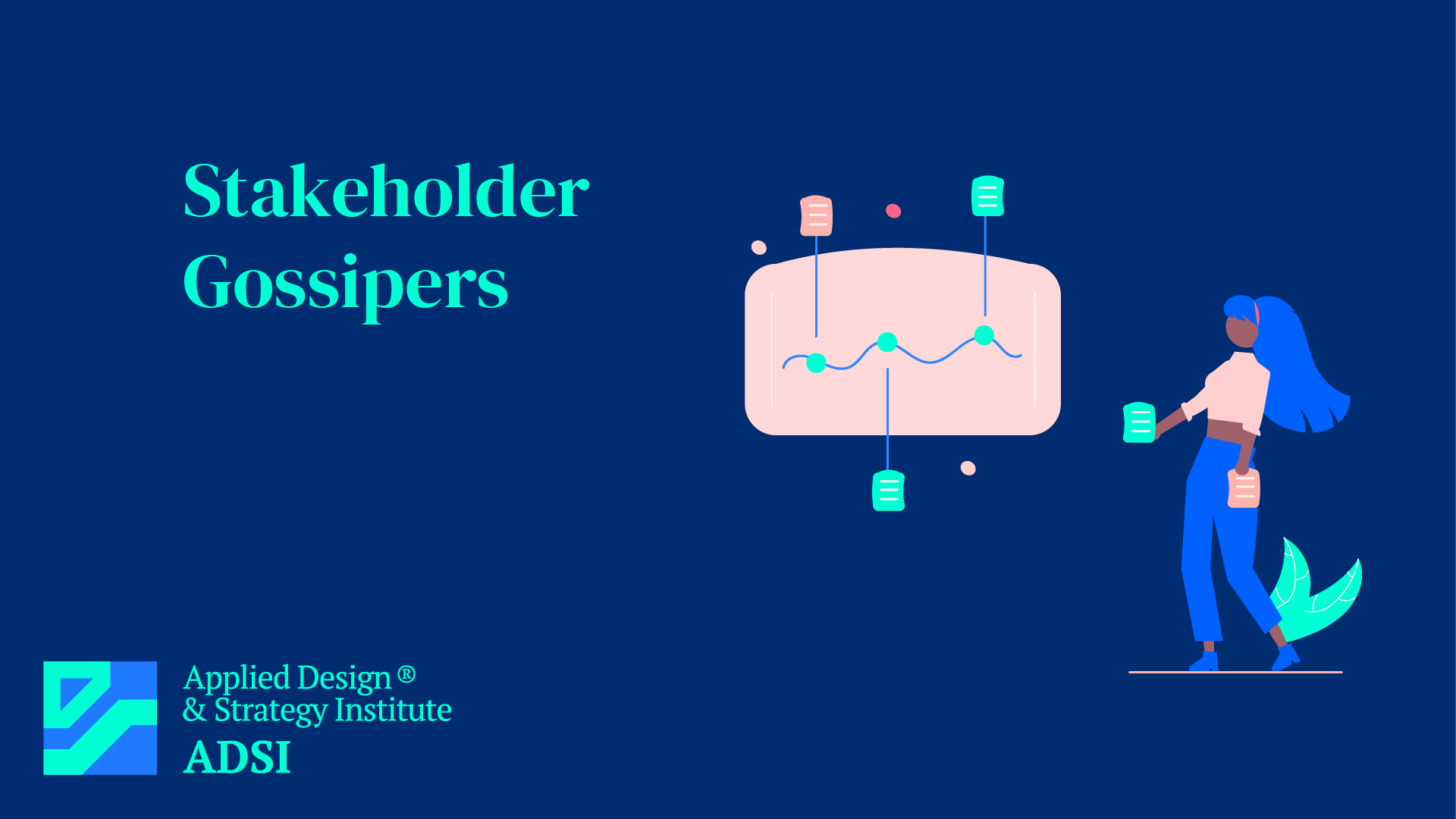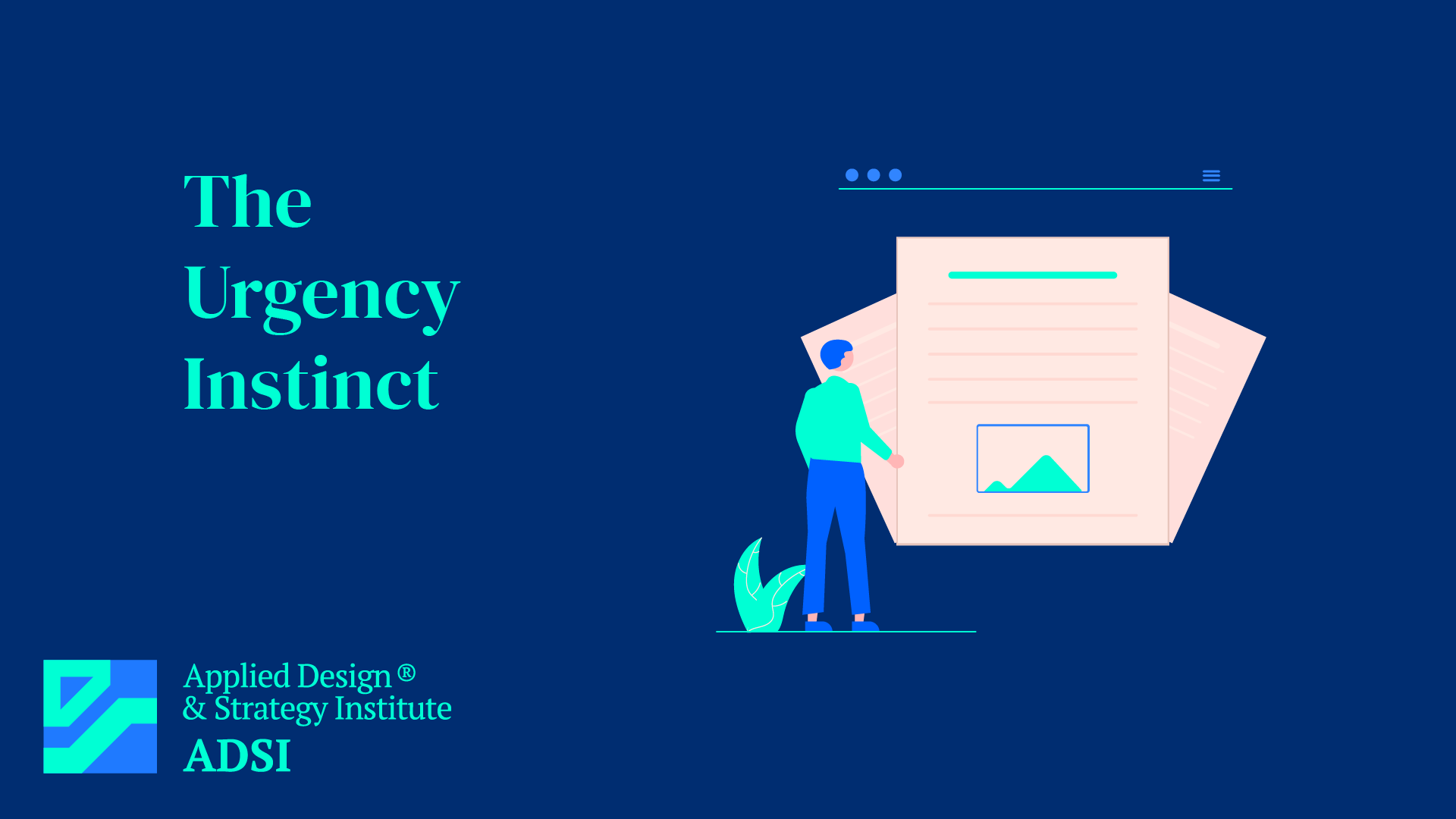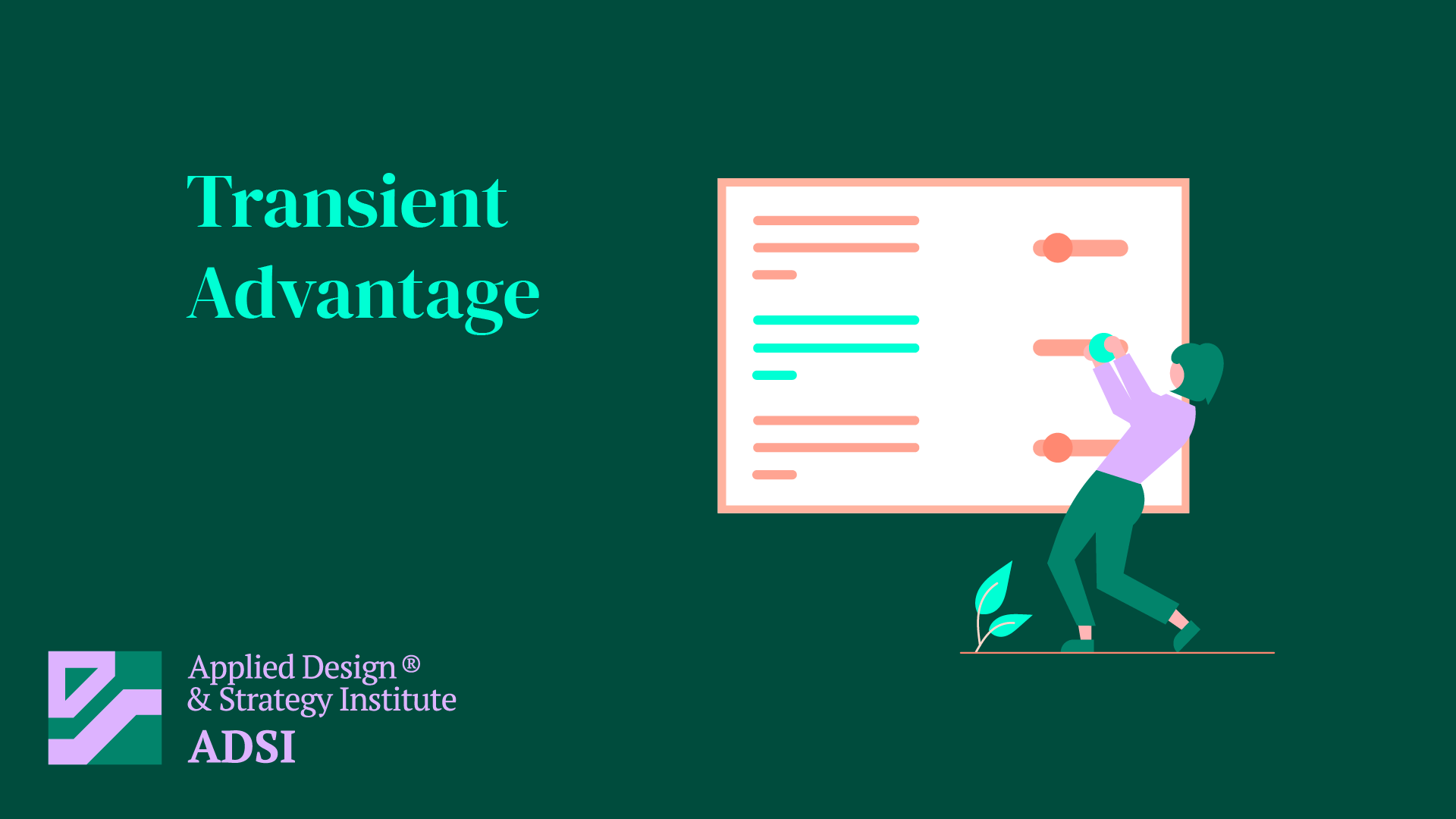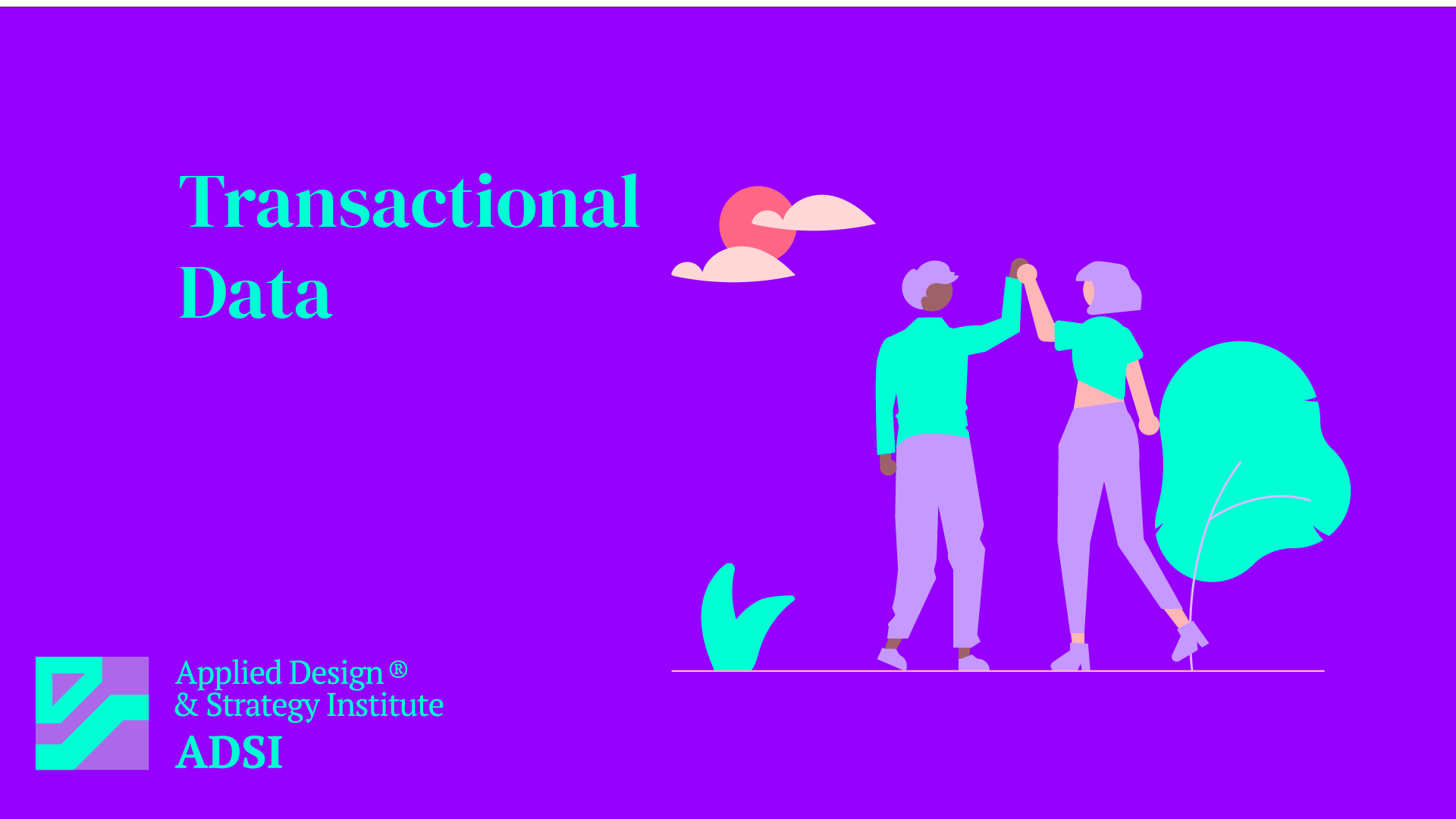Stakeholder Mommy
Introduction The term “Stakeholder Mommy” is not a standard term in business or organizational contexts and does not have a widely recognized definition in management literature. It appears to be a colloquial or niche term. Given the lack of a formal definition, I will provide an interpretation based on a general und
Stakeholder Jesters
Introduction “Stakeholder Jesters” refers to individuals within an organization who are known for their humor and light-hearted approach. They often use wit and levity in their interactions, which can have both positive and negative impacts on the workplace dynamics. Characteristics of Stakeholder Jesters Impact on O
Stakeholder Introverts
Introduction “Stakeholder Introverts” refers to individuals within an organization or a project who have introverted tendencies. Understanding and effectively engaging with introverted stakeholders is crucial in ensuring their valuable insights and contributions are recognized and utilized. Characteristics of Stakeho
Stakeholder Gossipers
Introduction “Stakeholder Gossipers” are individuals within an organization who are known for their tendency to spread rumors or unofficial information. While gossip is a common human behavior, in a business context, it can have significant implications on the work environment and organizational culture. Characterist
Value Selling
Introduction Value Selling is a sales methodology that focuses on understanding and reinforcing the value that a product or service provides to the customer. Instead of concentrating on features or price alone, value selling centers around how a product or service can solve a customer’s problem, improve their situation, or
Value Consulting Operations
Introduction Value Consulting Operations refers to the business practice where consulting firms focus on delivering measurable value to their clients, often aligning their services and payment structures with the outcomes and improvements they deliver. This approach contrasts with traditional consulting models that primarily foc
Urgency Instinct
Introduction Urgency Instinct refers to the human tendency to react swiftly and impulsively to perceived immediate threats or urgent problems. In the context of decision-making and management, understanding and managing the urgency instinct is crucial, as it can lead to hasty decisions and actions without thorough analysis or co
Triple Bottom Line
Introduction The Triple Bottom Line (TBL or 3BL) is a sustainability framework that expands the traditional reporting framework to include ecological and social performance in addition to financial performance. This concept was introduced by John Elkington in 1994 and emphasizes that companies should commit to focusing on social
Transient Advantage
Introduction The concept of transient advantage refers to the notion that in today’s fast-paced and highly competitive business environment, competitive advantages are often short-lived. Unlike traditional views where competitive advantages were seen as sustainable and long-term, transient advantage suggests that companies
Transactional Data
Introduction Transactional data refers to the information recorded from transactions between a business and its customers. These transactions can be sales, purchases, orders, returns, or any other activity involving the exchange of goods, services, or money. Transactional data is a critical component of business analysis, offeri



